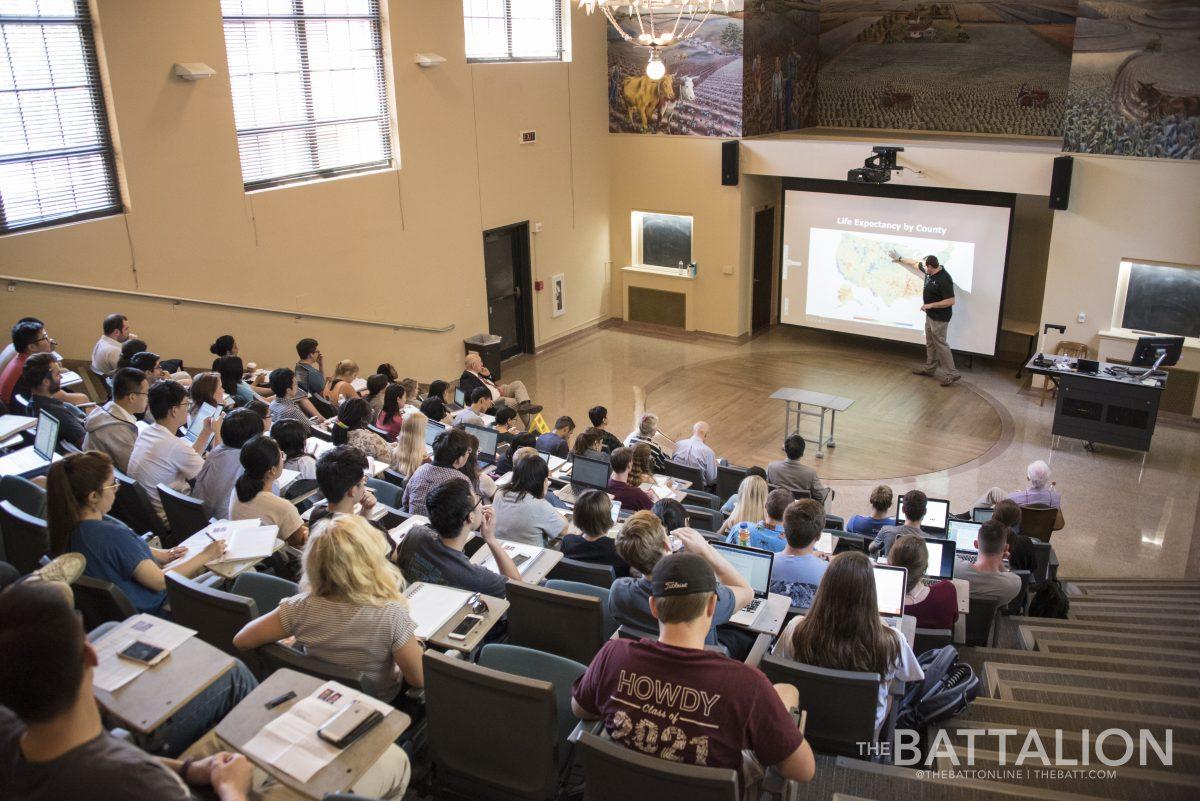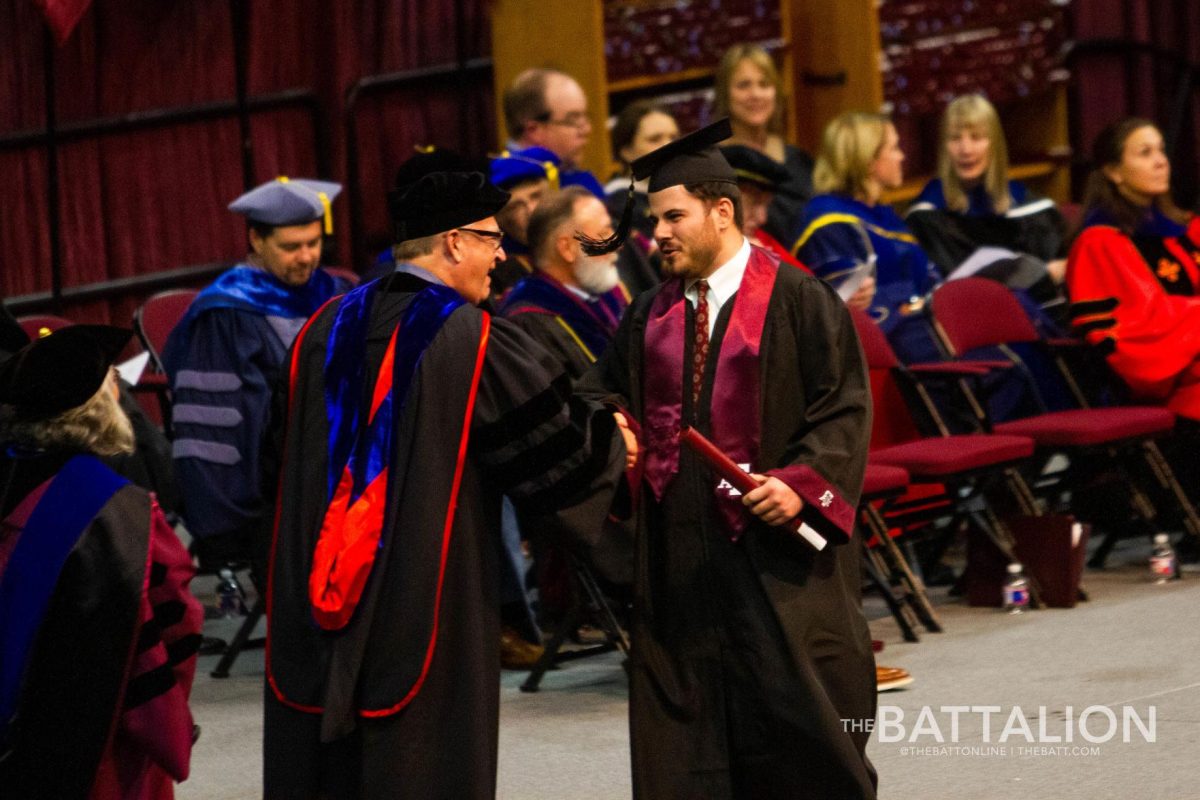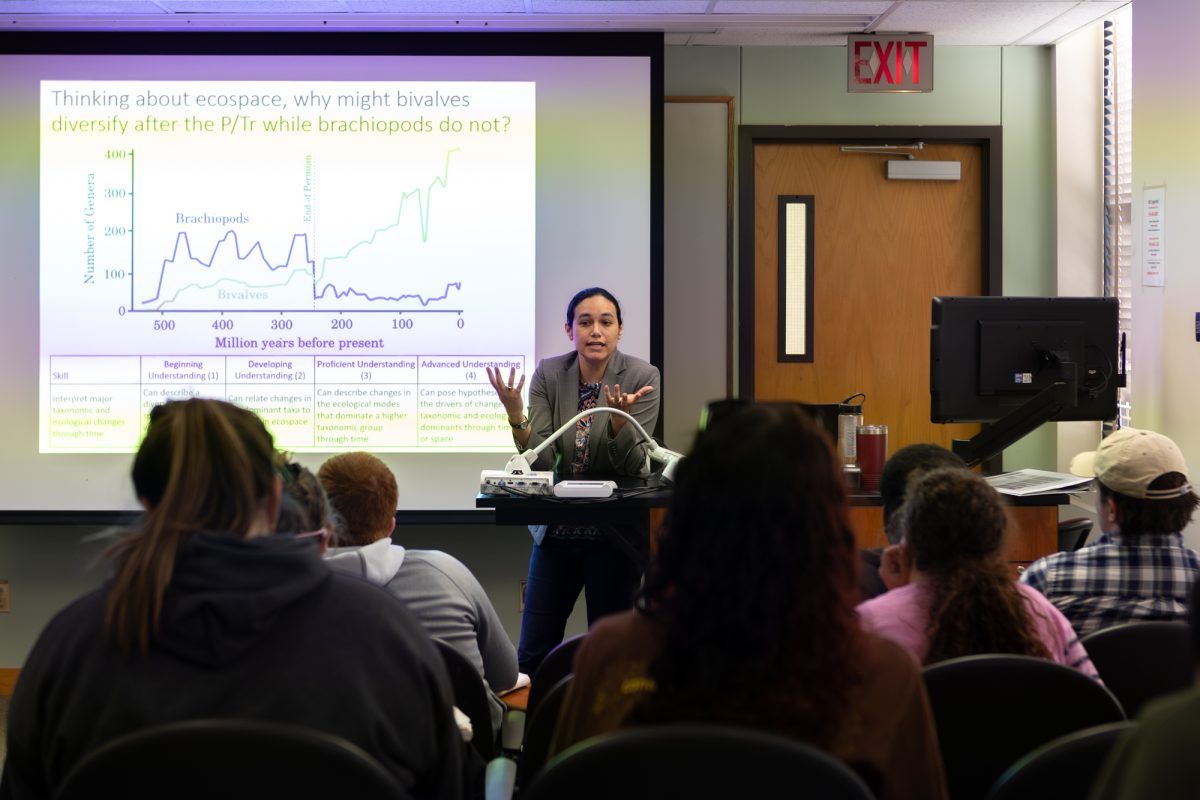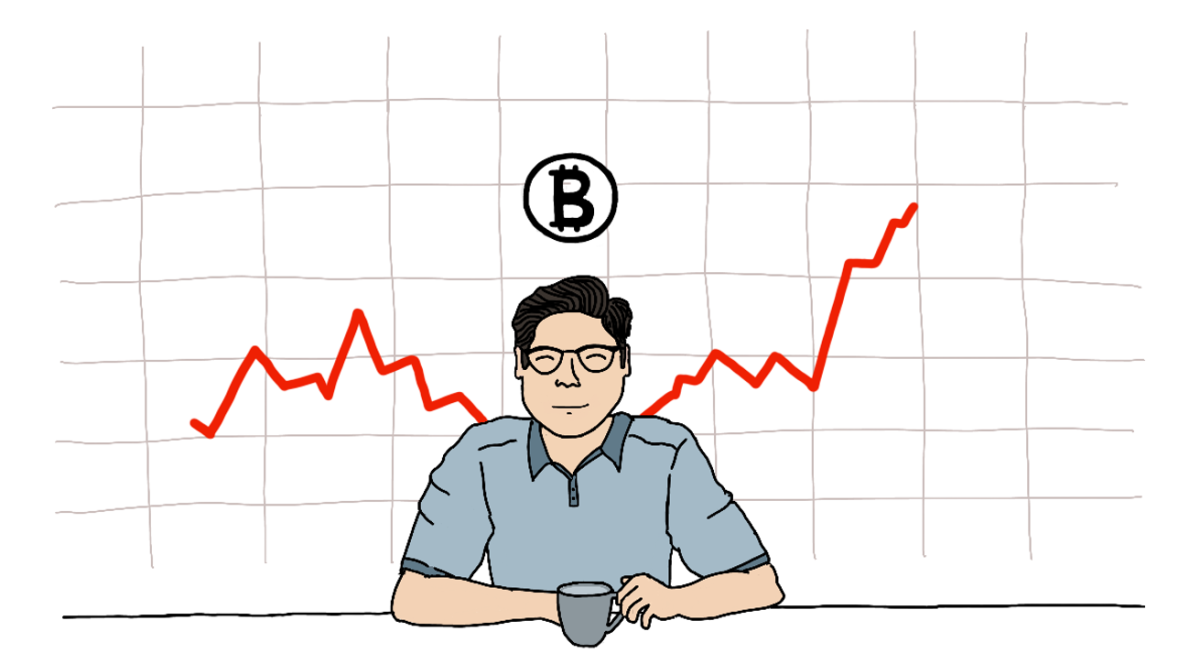Faculty at Texas A&M hold positions of power over their peers and students, so you would think the university would want to know any information about prospective instructors and how they treat their peers and subordinates. However, while Title IX compels universities to investigate sexual harassment claims, they are not required to disclose findings to future employers — or to seek them out. While some universities may be aware of a candidate’s misconduct, many have no idea prospective employees have been accused of any wrongdoing.
A significant problem is that universities don’t communicate with one another about professors accused of misconduct. Schools looking to hire a new faculty member often don’t ask former employers about any Title IX investigations for sexual harassment.
Alternatively, universities often sign settlement agreements that leave the guilty employee’s identity confidential, meaning future employers are unaware of a candidate’s wrongdoing. These practices mean students are at risk of becoming potential victims of a professor with a history of sexual misconduct.
A&M Associate Professor of Economics Jennifer Doleac gave me some insight as to why we should overhaul our Title IX policies.
“The economics profession has been really focused on identifying bad actors in the profession and finding ways to hold them accountable,” Doleac said. “I’ve become increasingly interested in this problem of people hopping from university to university basically fleeing Title IX investigations.”
What Doleac is referring to is a practice called “pass the harasser.” In effect, any time a faculty member commits sexual harassment, they resign and find a new institution before the Title IX investigation concludes. Because universities don’t share ongoing investigations into faculty members, A&M could hire a repeat offender and be none the wiser.
Doleac referenced several pilot programs A&M could learn from to amend its own Title IX policies. The University of Illinois, for example, is requiring candidates to disclose any findings of sexual misconduct or harassment. Illinois’s human resources department will also contact former employers for any misconduct investigations involving the hiree – concluded or otherwise. Doing so is imperative to protect students from repeat offenders, especially since professors are authority figures at universities.
“It would be important even if we were only looking out for ourselves and our colleagues, but we also have a responsibility to our students,” Doleac said. “There is a power dynamic that just gives people much more opportunity to do harm if they are the type of person who wants to do it.”
Some oppose those reforms by arguing professors with a blemished record would be under heavy scrutiny. They see more transparent Title IX policies as a way to discriminate against older professors who have had more chances to offend colleagues. As such, they claim there are more opportunities for bitter peers to derail their careers.
However, let’s look at astronomy professor Timothy Slater at the University of Wyoming. According to a report from his previous employer, the University of Arizona, Slater allegedly asked a student to give other women tips on oral sex. He told another graduate student she’d teach better without underwear. And he gave another employee a vibrator.
Slater openly discussed the Title IX investigations with the University of Wyoming while they were hiring him, yet according to a spokesperson for the school, there were “no barriers to his hiring,” despite the allegations.
Title IX disclosure reforms are meant to help candidates who have been investigated contextualize the report’s findings. Doleac explained how there’s a spectrum of misconduct, ranging from a one-off instance to repeated harassment investigations.
“I don’t think any of the policies out there call for previous Title IX records to essentially be disqualifying,” Doleac said. “It’s basically presented as information along with all the other information in the packet.”
The most significant reason to move forward with the Title IX reforms is to give students and coworkers more information about who the university is hiring. Aggies shouldn’t have to worry about professors making unwanted advances or lewd comments. Changing our Title IX policies is the first, and most significant, step in ending “pass the harasser.” Asking former employers about investigations and passing our own findings to a candidate’s future boss will ensure serial offenders cannot fly under the radar.
Caleb Powell is a biomedical engineering sophomore and opinion editor for The Battalion.
Texas A&M needs Title IX reform
February 3, 2021
Donate to The Battalion
Your donation will support the student journalists of Texas A&M University - College Station. Your contribution will allow us to purchase equipment and cover our annual website hosting costs.



























